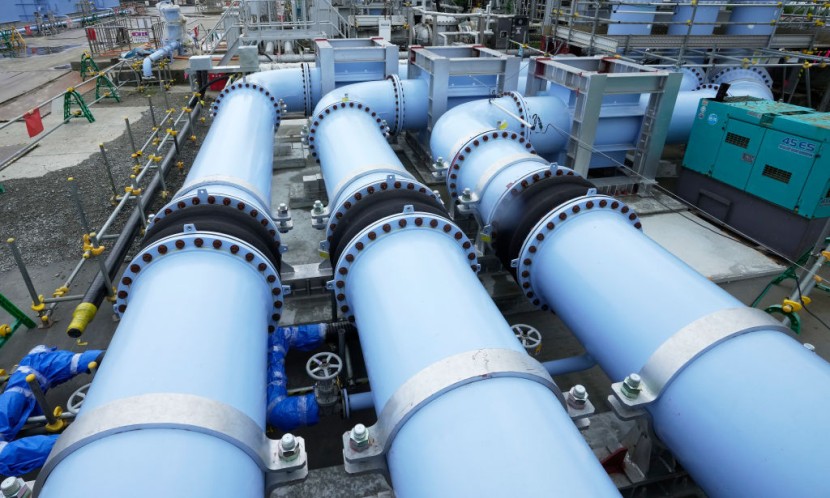
The controversial proposal to release treated radioactive wastewater into the sea from the tsunami-hit Fukushima Daiichi nuclear power station is set to begin within weeks, despite furious opposition both within and outside Japan.
Fear Among Local Businesses
According to AP News, residents are concerned that the water release 12 years after the nuclear accident would damage Fukushima's reputation and their ability to make a living there.
The release's potential for harm, if any, remains unclear. But locals report feeling helpless.
Yukinaga Suzuki, a 70-year-old innkeeper at Usuiso Beach in Iwaki, somehow close to the plant, asked that the idea be postponed until at least the conclusion of the swimming season in mid-August. "I'm against it. But there is nothing I can do to stop it as the government has one-sidedly crafted the plan and will release it anyway," he said.
Before the tsunami hit, the Usuiso region was home to more than a dozen accommodations managed by local families.
Iwaki seafood business owner Katsumasa Okawa is more concerned about the tanks storing polluted water than the discharge of treated water. After visiting the plant complex a few years back and witnessing immense tanks, he wants them removed immediately.
The fishing industry, tourism, and economics of Fukushima were all seriously impacted, but they are slowly making a comeback. To help fisheries and seafood processing recover from the water spill, the government has allocated 80 billion yen ($573 million).
Japanese fishing groups were strongly against Fukushima's water release due to concerns that the disaster would do irreparable harm to the image of Japanese seafood, an industry that is still struggling to recover.
Concerns have been made by groups in both South Korea and China, elevating the matter to the level of a political and diplomatic crisis. If Tokyo dumps cleaned radioactive wastewater into the sea, Hong Kong will restrict the import of aquatic goods from Fukushima and other Japanese prefectures.
Fukushima Water Release
Since the nuclear catastrophe in 2011, the government and operator Tokyo Electric Power Company Holdings, or TEPCO, have battled to handle the vast volume of polluted water accumulated in the plant.
Eventually, they announced intentions of releasing it into the ocean.
The cooling systems at the Fukushima Daiichi facility were wrecked by the earthquake and tsunami in 2011. Three of the plant's reactors melted and began leaking contaminated cooling water. About a thousand tanks are being used to collect, filter, and store the water, and they will be full by the beginning of 2024.
To create a place for the plant's decommissioning and to avoid inadvertent leaks from the tanks, the government, and TEPCO have ordered the water to be evacuated, despite the fact that most of it is still polluted and requires retreatment.
A subsea tunnel will be used to dump the water into the Pacific Ocean. Reportedly, the water will be diluted with more than a hundred times its current saltwater volume. They claim that this practice is even safer than is required by international and national regulations.








